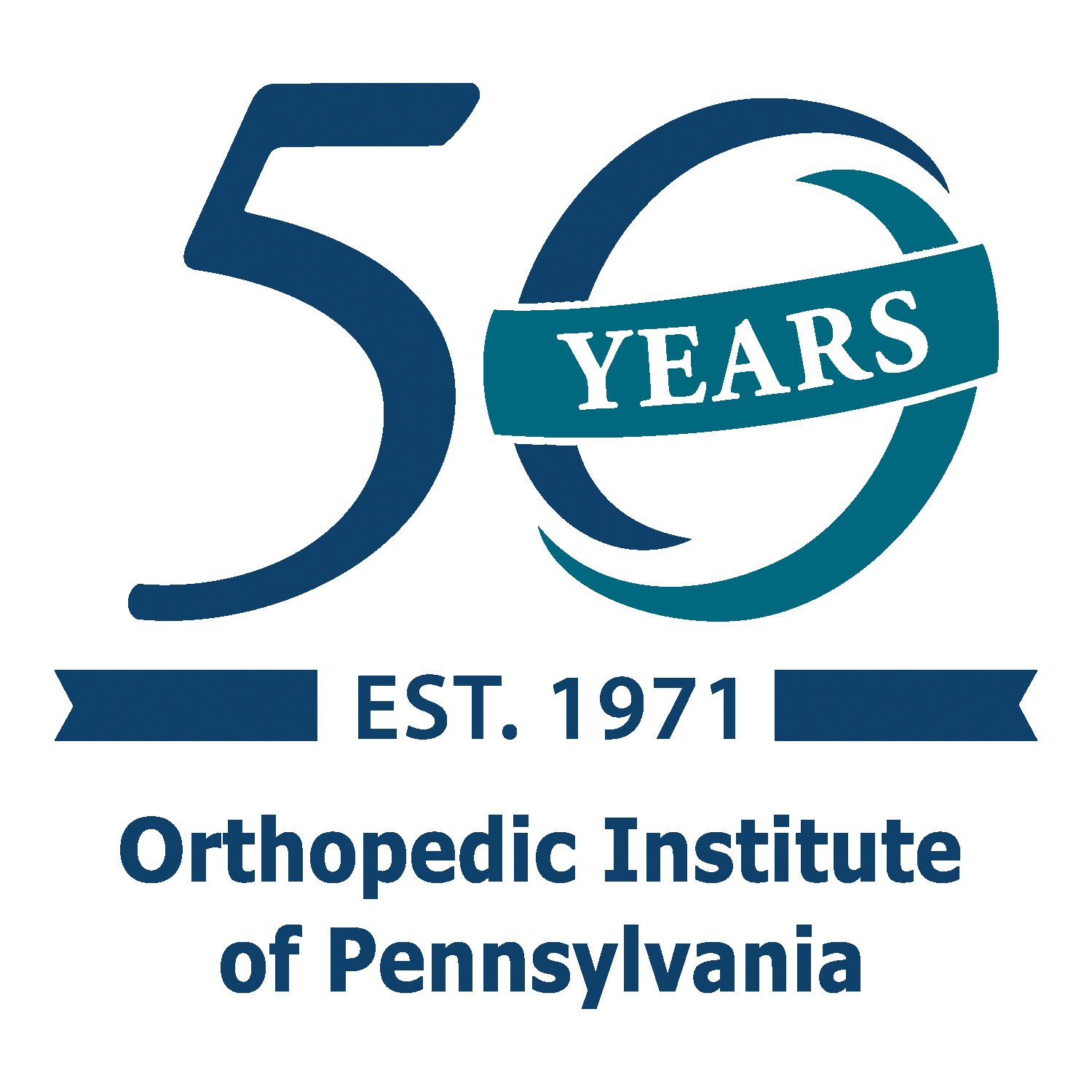The World Health Organization (WHO) advises the following prevention methods:
Wash Hands Frequently: Use soap and water for visibly dirty hands or an alcohol-based hand rub frequently for non-visibly dirty hands.
Practice Respiratory Hygiene: When coughing and sneezing, cover mouth and nose with flexed elbow or tissue – discard tissue immediately into a closed bin and clean your hands with alcohol-based hand rub or soap and water.
Maintain Social Distancing: Maintain at least 3 feet distance between yourself and other people, particularly those who are coughing, sneezing and have a fever. If you are too close, you can breathe in the virus.
Avoid Touching Eyes, Nose & Mouth: Hands touch many surfaces that can be contaminated with the virus. If you touch your eyes, nose or mouth with your contaminated hands, you can transfer the virus from the surface to yourself.
Seek Medical Care Early: If you have fever, cough and difficulty breathing, seek medical care early and tell your health care provider if you have traveled in an area where the virus has been heavily reported, such as China, South Korea, or Italy; or if you have been in close contact with someone who has traveled from these infected areas and has respiratory symptoms.
Mild Symptoms: If you have mild respiratory symptoms and no travel history to or within highly infected countries, still seek medical care and be sure to carefully practice basic respiratory and hand hygiene and stay home until you are recovered, if possible.
Animal Proximity Precautions: Practice general hygiene measures when visiting farms, live animal markets, wet markets, animal product markets or contact with wild animals. Ensure regular hand washing with soap and potable water after touching animals and animal products.
Animal Consumption: Avoid eating raw or undercooked animal products. Handle raw meat, milk or animal organs with care, to avoid cross-contamination with uncooked foods, as per good food safety practices.


